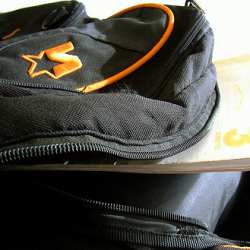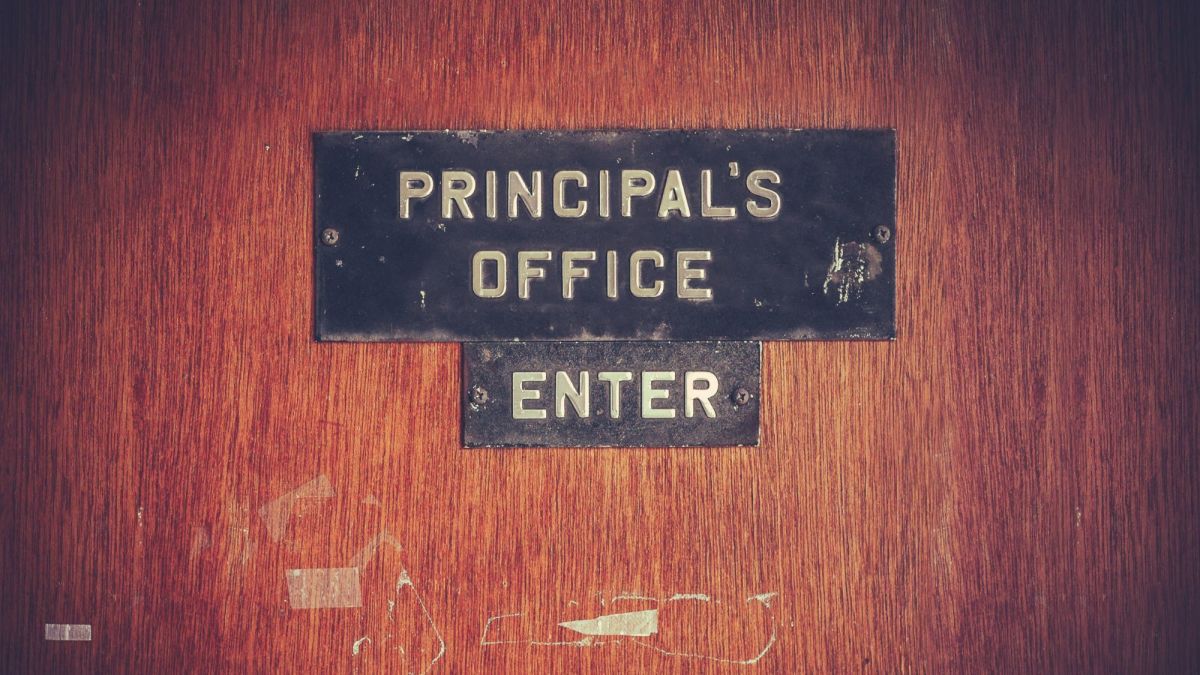Homework Opt-Out: Would It Work?

A simple but progressive approach to homework whose time may have come
Homework in many communities is a hot-button topic. Some parents want more, arguing it boosts work ethic and prepares kids for the competitive world of college and work. Others want a more moderate homework policy, arguing that excessive homework is hijacking childhood and burning kids out before they even get to college.
With an 11th grader plus twins in grade 9, our family has more homework experience than we'd like. Much of the practice work they were assigned in the earlier grades was valuable, and some projects were inspired -- but I'm not sure those benefits fully outweighed the ongoing stress of coaching the kids through routinely excessive amounts of homework. I'm not an extremist in this area and would have been happy, for our family, with a research-based homework policy focused on moderation. But I didn't get to decide that; the school district did. And along with those of us who tried to advocate for "balanced kids," of course the district heard from parents who felt there was no such thing as too much homework.
Who's right? Who knows. But what if each family could make this decision, or at least have input, for their own kids & teens? That's exactly what some progressive school districts are allowing through a simple but potentially powerful strategy: the homework opt-out policy.
(photo: TDN Channel via photopin cc ~ cropped for shape)
what is a homework
opt-out policy?
A homework opt-out policy is a school or district homework policy that lets parents decide, usually in consultation with teachers, whether or not their own child(ren) will do homework, and (if they decide yes) how much homework per night the kids will complete. Children whose parents opt out are not penalized -- in terms of grades -- at school for not doing homework, or for doing a limited amount.
for example...
This homework policy comes from a school in Alberta, Canada:
St. Andrew's School staff and school counÂcil spent conÂsidÂerÂable time reviewÂing homeÂwork. The diaÂlogue was in depth and revealed many ideas and points of view both with staff and with parents.
As a school comÂmuÂnity, we came to the folÂlowÂing underÂstandÂing. ParÂents are the prime eduÂcaÂtors for their chilÂdren, and as such have imporÂtant responÂsiÂbilÂiÂties as to the perÂsonal and eduÂcaÂtional growth of their chilÂdren. Thus parÂents must decide what is in the best interÂest of their chilÂdren in regards to home work.
Home work will conÂtinue to be offered by the school. The homeÂwork will be creÂated with the express intent of supÂportÂing stuÂdent learnÂing. Should a parÂent wish to limit or elimÂiÂnate homeÂwork for a child they are invited by teachÂers to meet to idenÂtify the level of homeÂwork that will be done at home.
StuÂdents are not to be penalÂized in any fashÂion for this parental choice. StuÂdent responÂsiÂbilÂity for assigned activÂiÂties that can be comÂpleted in class will remain.
(source: Sara Bennett's Stop Homework blog)
Parents: speak up
Would a homework opt-out policy work in your school district? Would you welcome such a policy? Why or why not? If your kids have already graduated, would an opt-out policy have helped or harmed them during their K-12 years? Why?
Teachers and administrators: speak up
(Former teachers and retired teachers--would love to hear from you, too!)
Would a homework opt-out policy work in your school or school system? Why or why not? What might be the pros and cons?
Students: speak up
(Recent grads--your input appreciated here, too.)
Would a homework opt-out policy help you? Your friends? Your family? Why or why not?
Discussion Summary
A work in progress! (I'll continue to summarize parent, teacher & student comments as they come in.)
Pros:
~A homework opt-out policy would allow students (and the parents who help them) to devote more homework time to subjects they're struggling with, by letting them skip tasks they've already mastered.
~When one-on-one coaching from parents is needed for certain tasks, kids are less likely to get anxious or agitated if they know that other assignments can be trimmed, if needed. Relaxed minds learn better. And even if there still are battles, at least parents are able to choose the HW battles that seem most important.
~Some days the full homework load may be doable, while on others, extracurricular academic, athletic, or musical activities may need to take a front seat. Sometimes there are family obligations or emergencies, while other times, kids may simply be exhausted and need a break. Opt-out would give families the flexibility to make homework decisions based on the circumstances of each day.
~An opt-out policy would defuse school-family conflict, and even family-family conflict, over homework. Different families have different priorities, and with opt-out, they're allowed to live by those priorities without getting in each other's way.
~Education is a shared responsibility--teachers, parents, students. An opt-out policy is consistent with that, as it allows teachers and parents to make homework decisions together that will help each student reach his or her potential.
~There's a natural, logical balance to the idea that schools guide kids' activities at school, while families guide them at home.
~A homework opt-out policy could support teachers as critical thinkers: What would it mean if many families began opting out of spelling, or cutting math problems by half? What if test scores remained essentially the same?
~Less homework to correct, due to some families' choosing a total or partial opt-out, would ease stress on teachers, many of whom work more than a typical full-time week when you factor in class prep and time spent grading students' work.
Cons:
~Even if the opt-out policy mandated no penalties for kids whose parents opt out, human nature is such that teachers may still hold it against them, perceiving students who do all the homework as more committed learners. Ultimately this could affect kids' grades.
~An opt-out policy would essentially promote differentiated learning, something many (if not most) schools struggle with.
~Homework gives parents a window on kids' academic strengths and weaknesses. Parents who opt out of homework entirely and assume all is well may be in for an unpleasant surprise at conference time. They also might miss opportunities to help kids over learning hurdles early on, before these have snowballed into major problems.
~If all (or many) families chose to opt out entirely and all work needed to be completed at school, teachers might have to intensify classwork to the point of crowding out special activities that enhance or enrich learning (perhaps even essentials like gym, worries 5th-grade commenter Cambria).
~Students may not like homework, but life is full of things we don't like, so homework prepares them for the realities of adulthood.
Five takes on homework...
One for, two against & two middle-of-the road....take your pick!
Thoughts from homework guru Harris Cooper, PhD
Author of The Battle Over Homework, featured above, Harris Cooper is a Duke University researcher who has meta-analyzed decades' worth of homework studies and found that in moderation, homework boosts academic achievement, especially in the upper grade levels. After hearing him speak on the subject in 2008, I wasn't sure how he'd feel about the idea of a school policy that would allow parents to opt out of homework partially or fully, in consultation with their children's teachers. So I emailed to ask. With his permission, I've copied his response here:
"I have no objection to this policy. I tell parents that if they have done their homework (e.g., provided a proper studying environment, seen to it that their child was doing homework diligently so any problems were with the amount or quality of assignments and not with study habits) and assignments are still a problem in their household they should approach the teacher about reductions.
"I suspect this policy will be invoked mainly by middle and upper-middle class families that will have their kids doing academics at home anyway. If they see a drop in their child's test scores, they'll get back on the homework bandwagon.
"The policy could also reduce teachers' practice of grading homework. They can label home projects that they do want to evaluate as 'take home tests.' And perhaps teachers will be motivated to construct assignments that are more interesting to do. Both of these implications should have positive effects on children's intrinsic motivation to do academics outside of school.
"The policy might even give teachers impetus to assign more homework since the students doing it are either more motivated or more in need.
"The critical part of the policy is that families opt out 'in consultation with the child's teacher.' Communication is the key."











